#islam in africa
Text
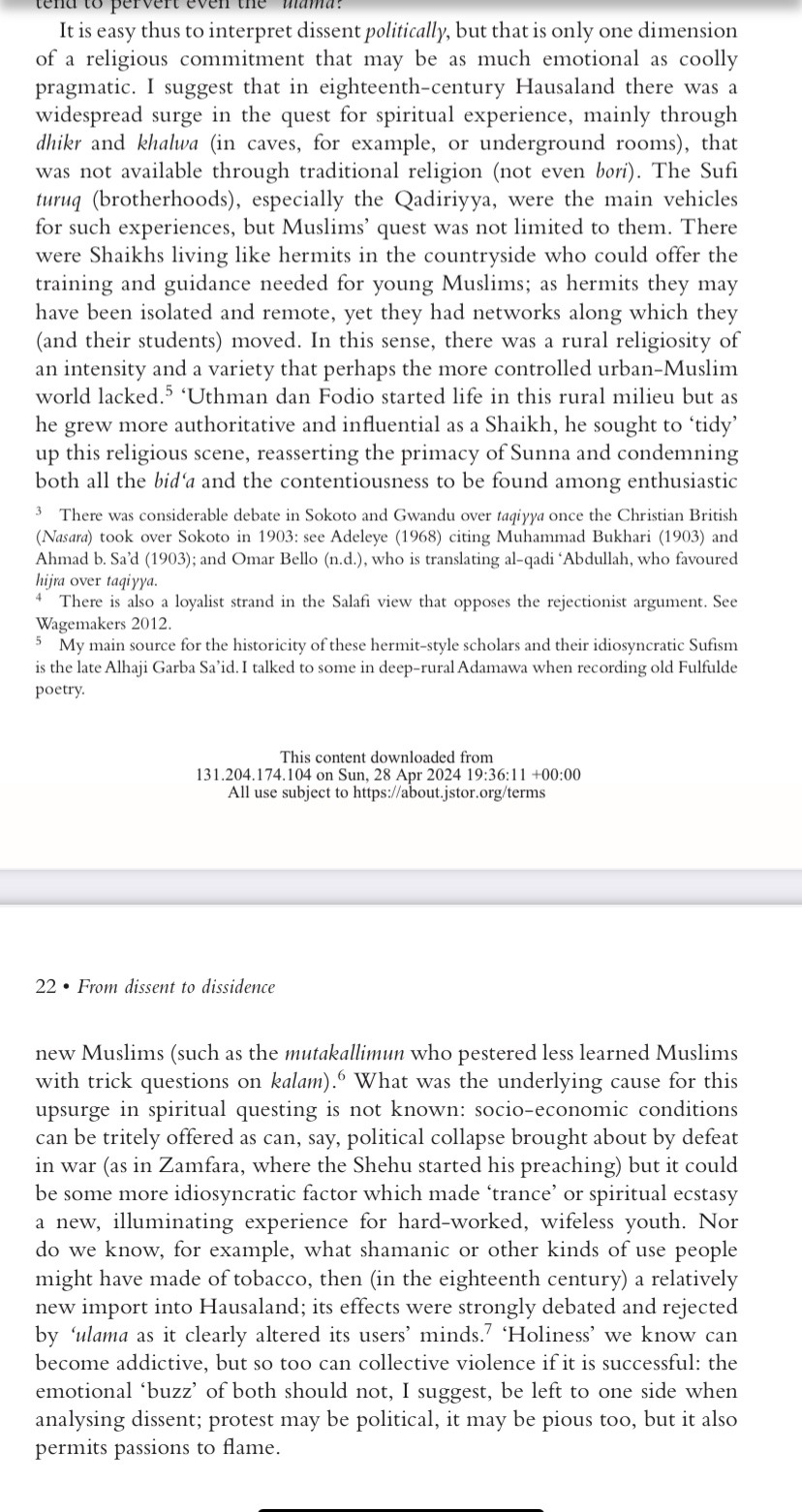
Murray Last insinuating altered states may influenced the desire for spiritual elevation in the 19th century?
From: From dissent to dissidence
0 notes
Text

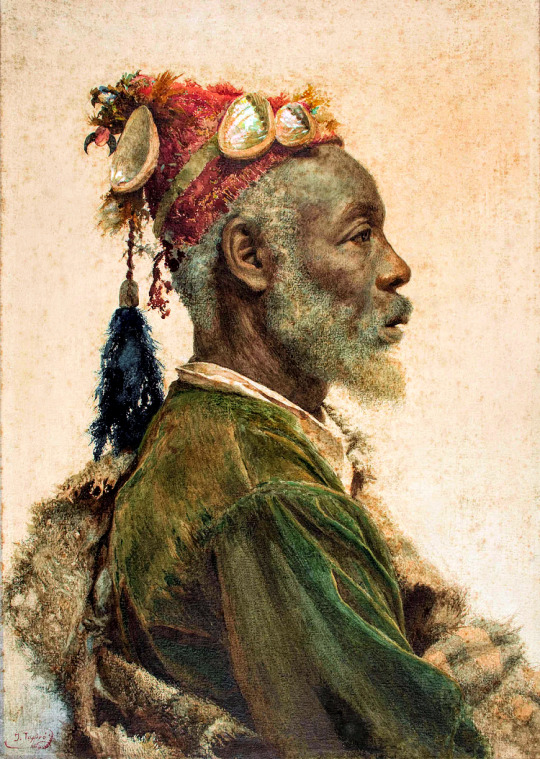

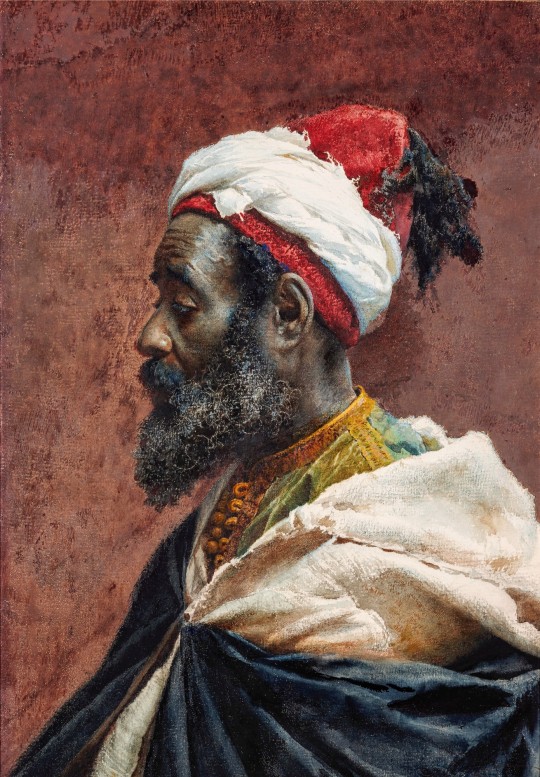
Late-nineteenth-century watercolor portraits of indigenous North-African men, by Spanish painter Josep Tapiró i Baró (1836-1913).
#africa#morocco#people#style#art history#islam#culture#art#muslim#watercolor#black men#fashion#black history#vintage#men#society#beauty#portrait#19th century#black tumblr#📚#josep tapiro y baro#🎨
322 notes
·
View notes
Text
South Africa stands with Palestine! 🇿🇦🇵🇸
#excuse the sound quality#free palestine#palestine#gaza#free gaza#israel#gaza strip#genocide#social justice#free west bank#human rights#southafrica4palestine#south africa#cape town#al azhar mosque#mosque#islam#welcome to islam#muslim#important#boost
204 notes
·
View notes
Text
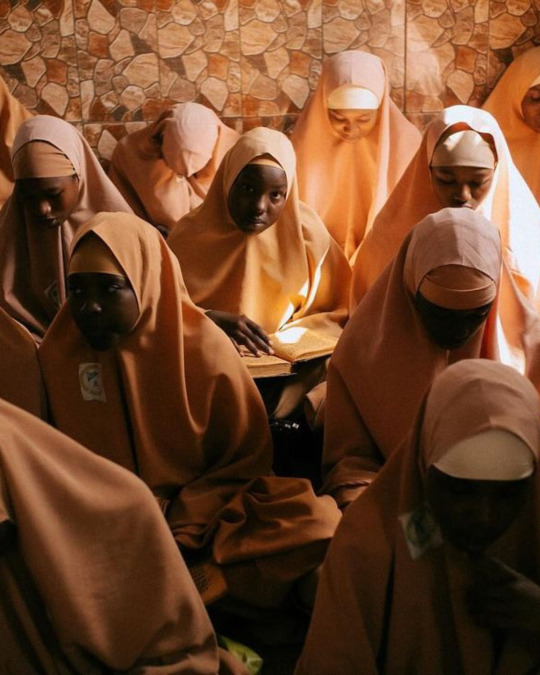
رَمَضَان مُبَارَك
Ramadan Mubarak
May the divine essence of Ramadan purify your soul, uplift your faith, and lead you to the path of righteousness. © Rachel Seidu
149 notes
·
View notes
Text
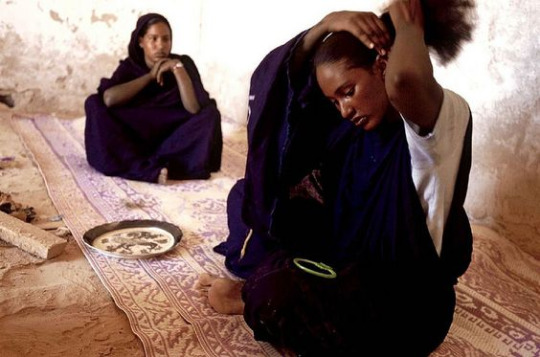
Imraguens woman fixing her hair. Islam is a strong influence in Imraguen society. Despite that, women have a special status in Mauritania. 2019
126 notes
·
View notes
Text
Siz ne düşünüyorsunuz 🤔
#islamic#islam#türkiye#doğa#travel photography#travel destinations#travel#manzara#view#natural#europe#africa
60 notes
·
View notes
Photo
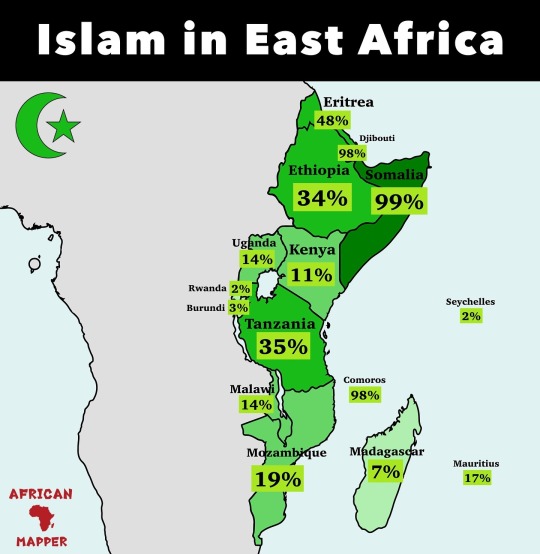
Islam in East Africa
by african.mapper
The history of Islam in East Africa stretches back to around 1000 CE. Until the mid-20th century, it remained largely confined to the coast and closely bound up with the history of the Swahili towns situated on it. The Swahili language remains central to many East African Muslims, the region’s independent nation-states promised equality for all religions within a secular order.
68 notes
·
View notes
Text
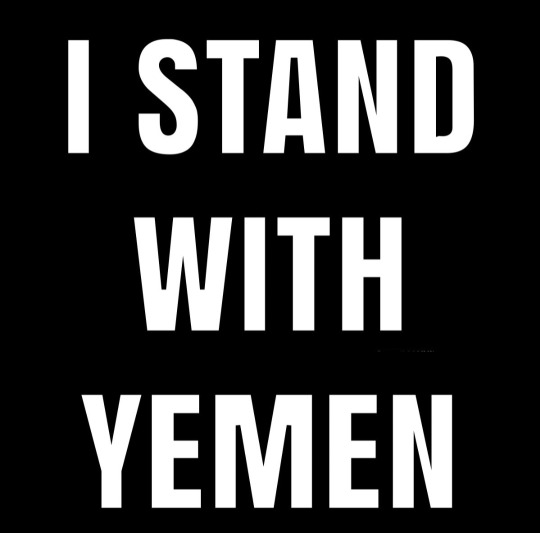
🇾🇪🤍
#yemen#gaza#free gaza#south africa#freeplestine#islamic#quran#duaa#hadith#muslim#islampost#holy quran
100 notes
·
View notes
Text

Harar, Ethiopia
#harar#ethiopia#colorful#colourful#street#streets#places#cool places#travel#africa#african#photography#quaint#dailystreetsnapshots#islamic#islamic cities
236 notes
·
View notes
Text
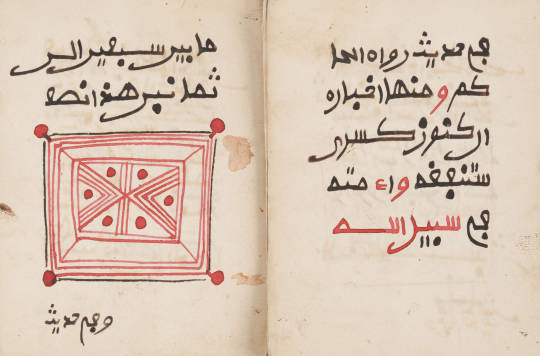
A small manuscript of prayers, Sudan, North Africa, late 19th Century, Arabic manuscript on paper, five lines to the page written in a cursive script in black ink, significant words picked out in red, boards, loose, folio 9.2 X 7cm. (https://www.roseberys.co.uk/a0369-lot-461547)
146 notes
·
View notes
Text
Muhsin Hendricks
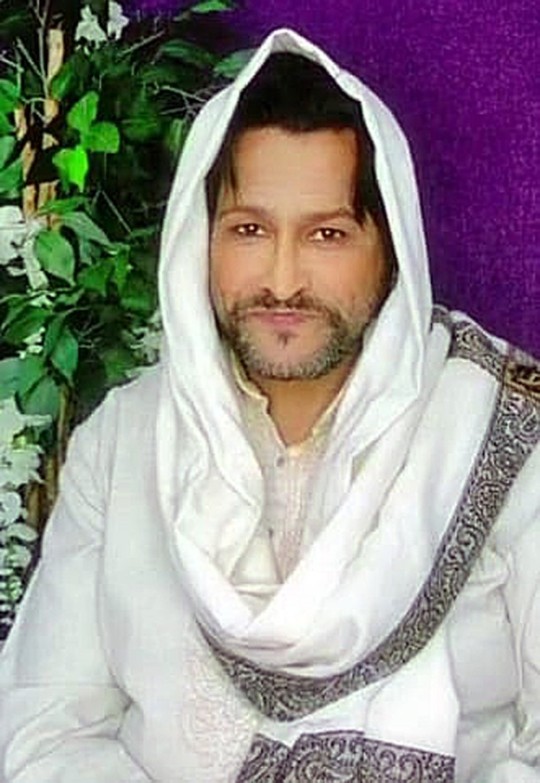
Birth : Unknown
Ethnicity : South Asian, African
Alumni : University of Islamic Studies, Karachi (1990-1994)
Gender : Cisgender man
Sexuality : Gay
Occupation : Imam, scholar, activist
Muhsin Hendricks is an Islamic scholar, researcher & human rights activist.He is allegedly the world's first openly gay Imam. He has done independent research on Islam and sexual diversity, an area that does not often get explored in the Muslim/Islamic world. He has also delivered many papers and facilitated workshops on Islam and Sexual Diversity to many organizations in South Africa, USA and Europe. Muhsin is founder of The Inner Circle/Al-fitrah Foundation, the largest organization for LGBTQI+ Muslims in Africa & CCI Network, a network of inclusive muslims, faith leaders & activist. He founded the first gender-affirming, queer-friendly mosque in South Africa (the mosque is affiliated with organization Al-fitrah Foundation).
#gaymuslim#gay indian#gay africa#queer muslim#lgbtqi muslims#homosexuality in islam#progressive muslim#inclusive islam#gay imam#queer africa#interfaith#intersectional#queer affirmating#queer mosque#homosexuality and islam
84 notes
·
View notes
Text

From: An African Case of Political Islam: Nigeria
0 notes
Text
Thoughts on Dune Part 2
All right, friends. Dune Part 2. I absolutely picked the wrong time to start wanting to return to Tumblr, since I'm currently in the thick of Ramadan, but c'est la vie. I'm a bit worried that if I don't review now that I might forget my specific impressions of the movie, though I have to say that if this weren't Ramadan that I absolutely would be going back to see it again in the cinema, which says a lot considering that it's been at least ten years since I've actually wanted to go back and repeat a film instead of just waiting for it to come out on streaming/DVD.
So the movie is good. It is in fact very, very good. It's the Empire Strikes Back of the Dune duology (possibly trilogy), and (much like Empire) in terms of cinematography, music, scripting and acting it's nearly flawless. There are, however, issues, things that might not occur to a majority-Western audience but which are immediately clear to anyone who either comes from an Arab or Muslim background.
What follows here is a deep dive into some of the historical and cultural sources of Dune and some of the ways in which the movie producers, and in some cases fans, have failed to acknowledge those sources.
First of all, it's obvious that the Fremen are meant to be based on the Arabs, but of the the entire main cast there is only ONE actor with an Arab background, and that is Souhaila Yacoub, the half-Tunisian actress who plays Shishakli, the female Fremen warrior who is executed by the Harkonnens. Now, I have to say that this woman was fantastic. Her attitude is completely on point for an Arab, especially a North African Arab: forceful, loud, a bit brash and mocking even under fire. Nicely done. Points to the producers there, but I have to take that point away again because she is literally the only Space Arab who is actually Arab. Javier Bardem, the Spanish actor who plays Stilgard, does have some interesting moments and one of the reasons why I feel that the screenwriters were advised on Arabic traditions/culture. The incident during which he warns Paul about the Jinn in the desert like it's a joke but then immediately turns extremely serious when Paul starts smiling is so in character for an Arab and honestly just a brilliant bit of scripting, but much of the time he also acted more or less like what people *think* a fanatical religious Arab acts like--loud, frantic and unstable.
Not only this, but the "Muslim" behaviour/traditions in the film are at best...vague. People are praying, but in any direction at all. I do realize that this would be a complicated issue on another planet, where the Ka'aba couldn't be pointed to, but there are Islamic rulings for EVERYTHING. Check out the one about praying in space:
Even if they had as a society simply picked a random direction for prayer, they should all be praying at the same time and in the same direction (they seem to do this in larger crowds, but not in the smaller group where we first see people praying). They also definitely shouldn't be talking during prayer or trying to make other people talk to them during prayer (as Chani does), since talking breaks your prayer and you have to start over all over again (during obligatory prayers).
Language, too, is an issue, and a big one, because while I do understand that a conlang was developed for use in this movie, the linguists consulted did know that the language was meant to be heavily influenced by Arabic. Consequently, they've included a lot of fragmentary Arabic in their work. Unfortunately this Arabic is poorly pronounced at best, to the point where I was looking words up and laughing at what they're meant to be based on. For example, "Shai Hulud," the word for the Worms, is based on the Arabicشيء خلود, which means "immortal thing," and should be pronounced with "shai" rhyming with "say" followed by a glottal stop, and the 'h' in "Hulood" is actually a guttural sound like the infamous "ch" in Bach, followed by a long U. Another example is Mua'dib مهذب , a real word in Arabic that means "teacher," but is is actually pronounced with a "th" sound instead of a d and emphasis on the second syllable, not on the last as in French. (Note: I made an error here. There is a word مؤدب , pronounced mostly the same in the movie, but with a glottal stop after the 'u' sound and a short 'i' after the d sound rather than a long vowel, that is usually used to mean polite, urbane, gentlemanly, etc. but which can also mean teacher, although I have never heard it used in this context) "Usul", أصول, Paul's other Fremen name, was likely not, as I had previously guessed, based on the word "Rasool," meaning Prophet, but on أصول الفقه the Principles of islamic Jurisprudence, which also ties directly into a religious/prophetic them. Again, this is pronounced on the long vowel, so with a short first U and a long second U.
I've included the Arabic spellings in here, by the way, so that you can drop them into Google translator and hear how they actually sound.
Now, I do realize that the story itself is set 8000 years in the future and that spoken Arabic as a language would have changed considerably in that time, if it existed still at all, but Arabic is a liturgical language as well as a vehicle for conversation, and Muslims all across the world today use it as a tool for worship. Muslims who have no cultural connection with Arabic often still learn it in order to connect more deeply with religious traditions and simply to perform prayers and other religious duties. Religious scholars consider it to be a necessary duty of the Muslim to learn at least some Arabic:
And keep in mind that the Arabic spoken today across the MENA region is very different (and different in different places) to the Arabic spoken 1400 years ago by the Prophet Mohamed (peace be upon him). Given Islamic traditions, the chances of the Fremen using liturgical/classical Arabic for their worship would be quite high, even if their spoken language had evolved past the point of being recognizably Arabic.
Keep in mind, also, that Dune as a whole is an allegory for colonialism, economic exploitation of poorer nations (or making rival nations poor through the same), as well as dehumanization of the views and needs of native peoples in order to make that exploitation palatable to the occupying forces (I thought that this was done quite smartly in Jessica's part of the story; although she is sympathetic to the Fremen, she feels that manipulating their religious traditions is the best way to protect her son, and in doing so she allows herself to dehumanize the people who come to rely on her).
It is, therefore, incumbent upon us not to distance ourselves too much from the intended message by claiming that Dune is fiction and need not too accurately reflect the culture and religion of the people that the Fremen are so clearly based on. The fact that the producers have done little to hire Arab actors or induced any real effort to accurately pronounce the Arabic words or accurately portrayal Islamic practices seems to indicate that they are concerned about identifying too closely with the economic and cultural struggle between East and West, properly because they fear the potential economic backlash, and this despite the fact that Frank Herbert clearly wrote his book to illustrate the fallout of that struggle.
Here is a wonderful article written by a culturally Arab woman:
There are numerous other articles addressing the same issues, but I like this one because it's written by a Muslim woman, who also addresses the "hijab cosplaying" in the movie. I didn't get into that much, but I definitely recognize that it's a problem when Muslim women worry about potential violence while wearing hijab in the streets of Western nations, but the same article of clothing is fetishized in movies and fashion.
I've also seen some comment about the Mahdi mention in particular. This is a saviour-figure in Islam who will come near the end of the world. There is no emphasis on this figure in Sunni Islam, but Shias seem to have a significant body of literature concerning this figure and, from what I understand, believe that he may perhaps have already come, and so there has been some poor reception in that community to applying the label of Mahdi to Paul. Criticisms ranging from insensitivity to outright blasphemy have been levelled regarding this usage. Now, there was some tip-toeing around the prophetic theme in Dune, and rightly so, I believe, since the Prophet Mohamed is the "seal of the prophets" in Islam, meaning the last and final. The fact that Paul was essentially set up as a false prophet by the Bene Gesserit does avoid some of the potential fallout from this, and also makes sense of Chani's rejection at the end of the film, since she felt strongly about Paul acting as a false Prophet.
Again, I am aware that there is internal cosmology within the series itself, and that some fans object to the religion of the Fremen being referred to as Islam, but when the inspiration for the entire ethnicity, religion, and the natural resources at stake are as clear as they are in this series, it's also futile to expect that people will not draw those associations, nor that people belonging to the religion or ethnic group in question may not acknowledge the beauty of the movie, the gorgeous cinematography, rousing music, and tightly plotted story, but still take exception to what is clearly Orientalism.
And it is frankly such a shame that we have to place this movie under that header, because the story of Dune is so sympathetic to the Middle East and its peoples, and as I said in the beginning I actually loved the film and found it very beautiful. It was also exciting to see Islamic themes used creatively in mainstream media, but while Frank Herbert clearly wrote the story as an exposition on the exploitation of natural resources, particularly oil, in the MENA region, the truth is that the racism and exploitation that he was protesting are very much alive today and contribute to the oppression of millions. It's particularly disappointing to see the message of the movie sail over the heads of people watching it when Arab Muslims in Palestine are being dehumanized and obliterated at this very moment, and while Libya was one of the latest Arab nations to be targeted for its oil resources, only a decade ago, with European oil companies moving in directly after the downfall of Ghadafi (which makes the timing extremely suspicious, one might say):
And even after the US finished their occupation of Iraq, Western oil companies remained en mass to continued drilling:
Egypt to this day remains economically destabilized while Western nations exploit its oil stocks, to no benefit at all of its peoples:
I'm sure I could cite dozens of other cases, but it's clear that there is a one-on-one parallel between spice melange and oil, making any protests of apoliticism in an inherently political story utterly vain.
I could go on, but I needn't. In short, this beautiful movie could have done so much good even beyond its obvious artistic merits, but instead it is still towing the political line. Much as was the case for Jessica and Paul, sometimes you can be a Harkonnen and not know it.
#dune#dune part 2#meta#islam#arabic#history#orientalism#paul atreides#lady jessica#chani kynes#oil drilling#colonialism#arrakis#north africa#the middle east
42 notes
·
View notes
Text
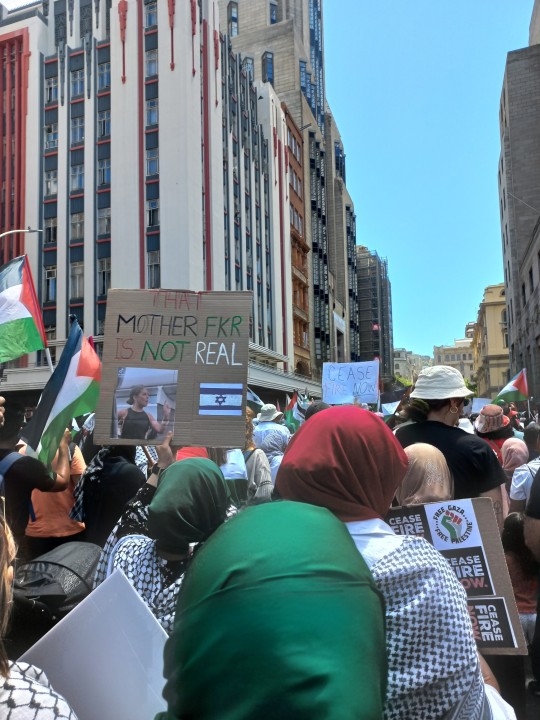
📍 Cape Town, South Africa
#palestine#free palestine#free gaza#free west bank#gaza#gaza strip#joe biden#benjamin netanyahu#genocide#islam#israel#united nations#yemen#tel aviv#south africa#cape town#social justice#christmas
354 notes
·
View notes
Text
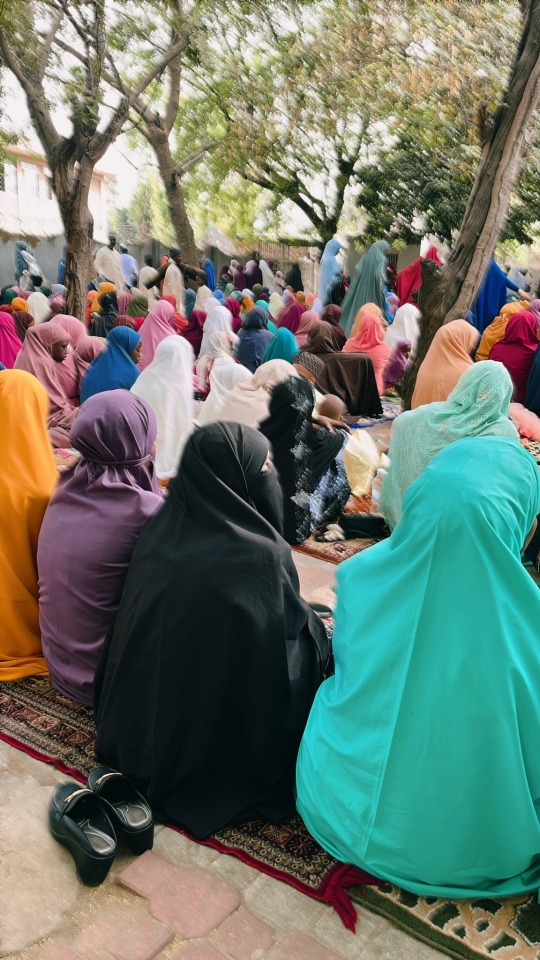
Eid Mubarak! ☪️ this was shot today (April 10, 2024) in Kano, Nigeria… by Nafisah Muhtar
#photography#eid mubarak#eid#aesthetic#muslim#muslimah#islam#africa#mother land#spirituality#west africa#target audience
35 notes
·
View notes
Text
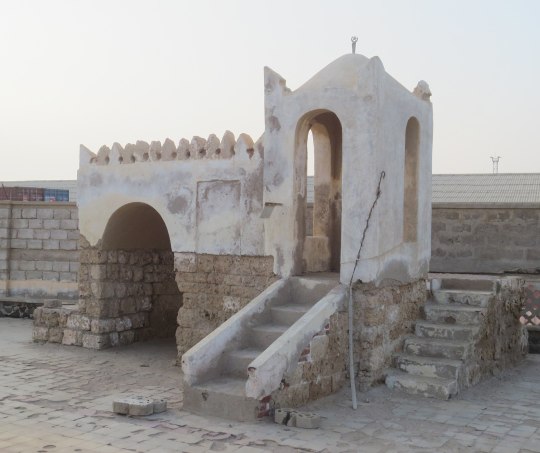
mosque of the companions in massawa, eritrea. it was reportedly built by companions of the prophet muhammad who fled to africa due to persecution they faced in mecca. it possibly dates to 620-630 ce, which would make it the oldest purpose-built mosque in the world. however, some of the current structure was most likely built in the late 7th-9th centuries, as the mihrab and minaret as we know them hadn't been developed at the time.
#eritrea#architecture#worship#muslim#nmenam#my posts#people really underestimate how big of a role east africa plays in abrahamic history#in islam east africa is sort of like how europe is in christianity#in christianity people in e africa particularly modern day ethiopia & eritrea were some of the first to adopt it#in judaism some of the first jews came here via yemen#like arabic hebrew syriac etc are also in the same bigger language family as ge’ez etc#there were a lot of historical relations#(not always friendly but that’s how it is everywhere else history is history etc)#especially between the horn & southern khaleej
56 notes
·
View notes